Why Men Don't Report Sexual Abuse
One Survivor's Perspective
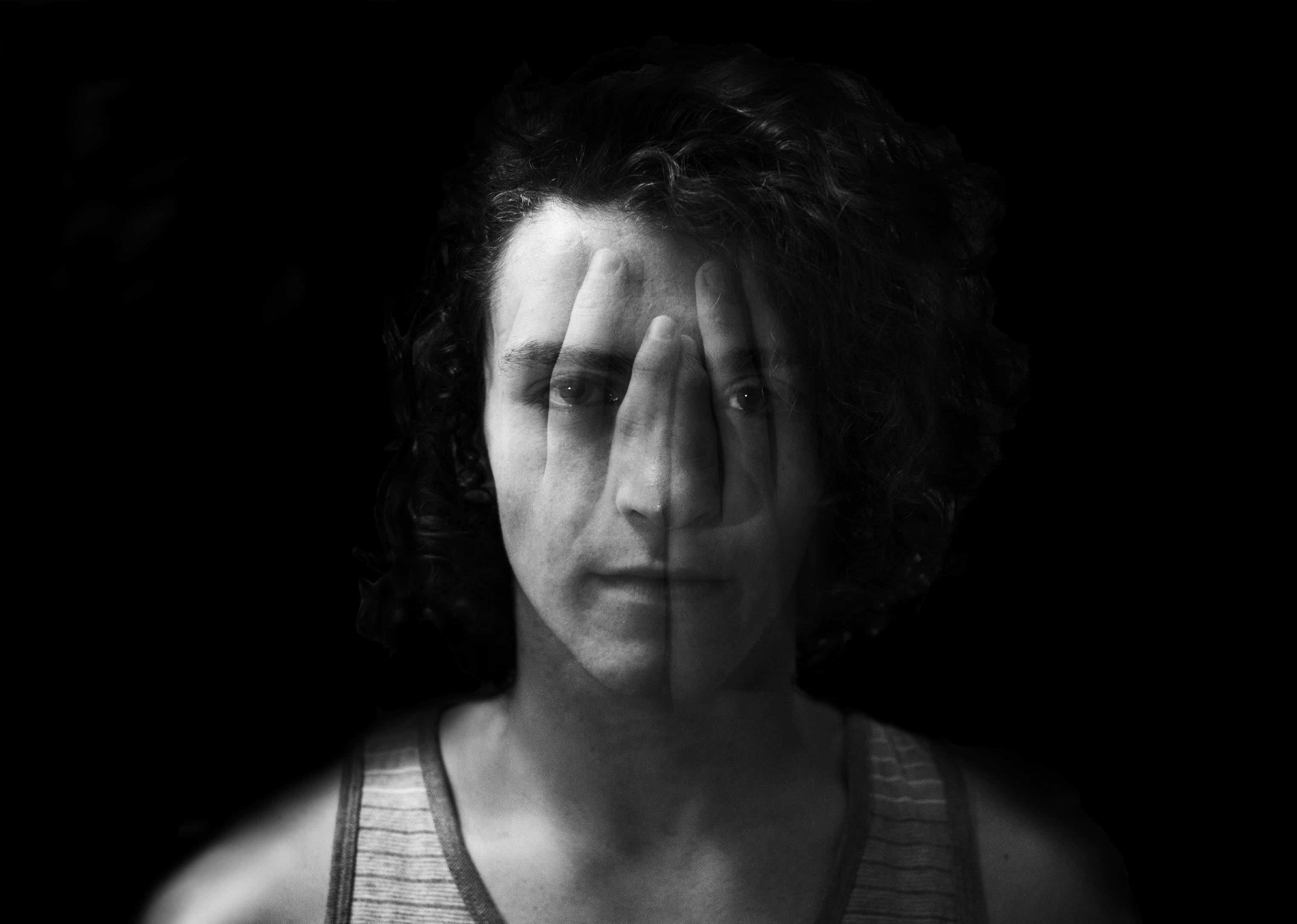
People often ask me why I didn't report my sexual abuse to the authorities. The simple responses are, "I didn't know I could," "It happened so long ago," and
"Who would have believed me?"

As a fourteen-year-old Olympic-bound athlete, the adults entrusted with my training groomed and trafficked me into silence.
I was in no way prepared to comprehend the meaning of childhood sexual abuse (CSA).
I carried with me the belief that since I chose to participate in this sport, I had to accept everything that went into becoming the best. "There's a pervasive presence in the world that blocks off athletes from being able to accept the encouragement that can be available — a facet of toxic masculinity that keeps men, particularly men in sports, from being able to seek help for mental health complications, even when it can impact their presence on the field" (Ben Dunst, 2018).

There is a difference between athletes and nonathletes, but the stigma of sexual abuse is the same for every male.
The societal pressures and expectations curtailed me from disclosing such experiences due to Masculine Anxiety or Male Gender Role Stress. Starting from the time I was born, I adopted, adapted, interpreted, and downloaded how family members, peers, teachers, coaches, the church, and society depicted and placed expectations on how men are supposed to act and react. As I grew, I reinforced these stereotypes and stigmas through the content I listened to, read, or watched on television and in movies. Men were not emotional, never talked about feelings, didn't ask for help, always fought back, and protected themselves because men cannot be sexually abused.
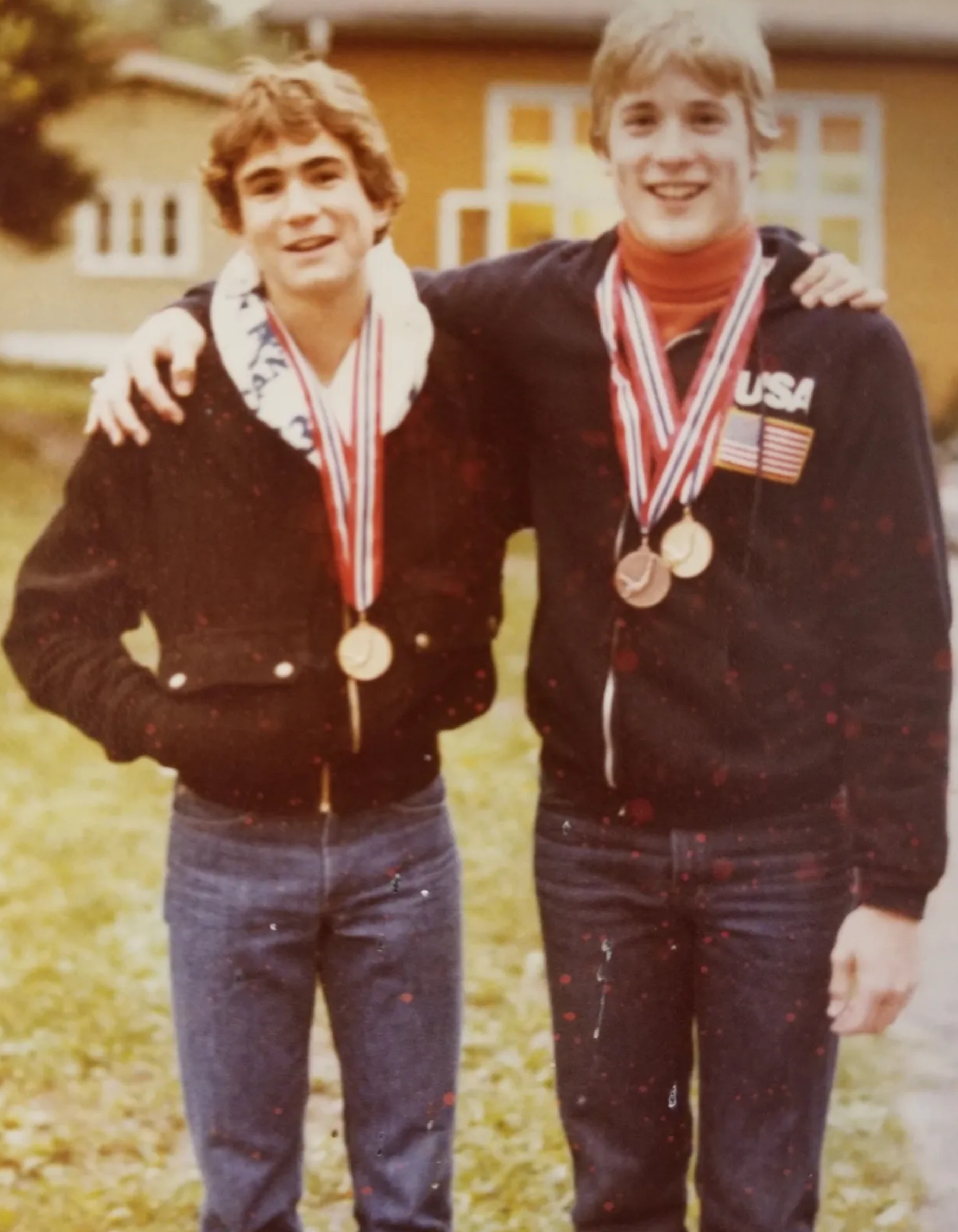
So, I covered up, denied, and internalized feelings to have control.
I was guilty of being considered talented and privileged enough to be on the Olympic path. My parents constantly reminded me that I needed to be grateful for the financial support and gifts I received from the professional men sponsoring me. My abusers repeatedly told me that no one would believe me and that another athlete could easily replace me. I did not want to bring embarrassment or problems to my family.
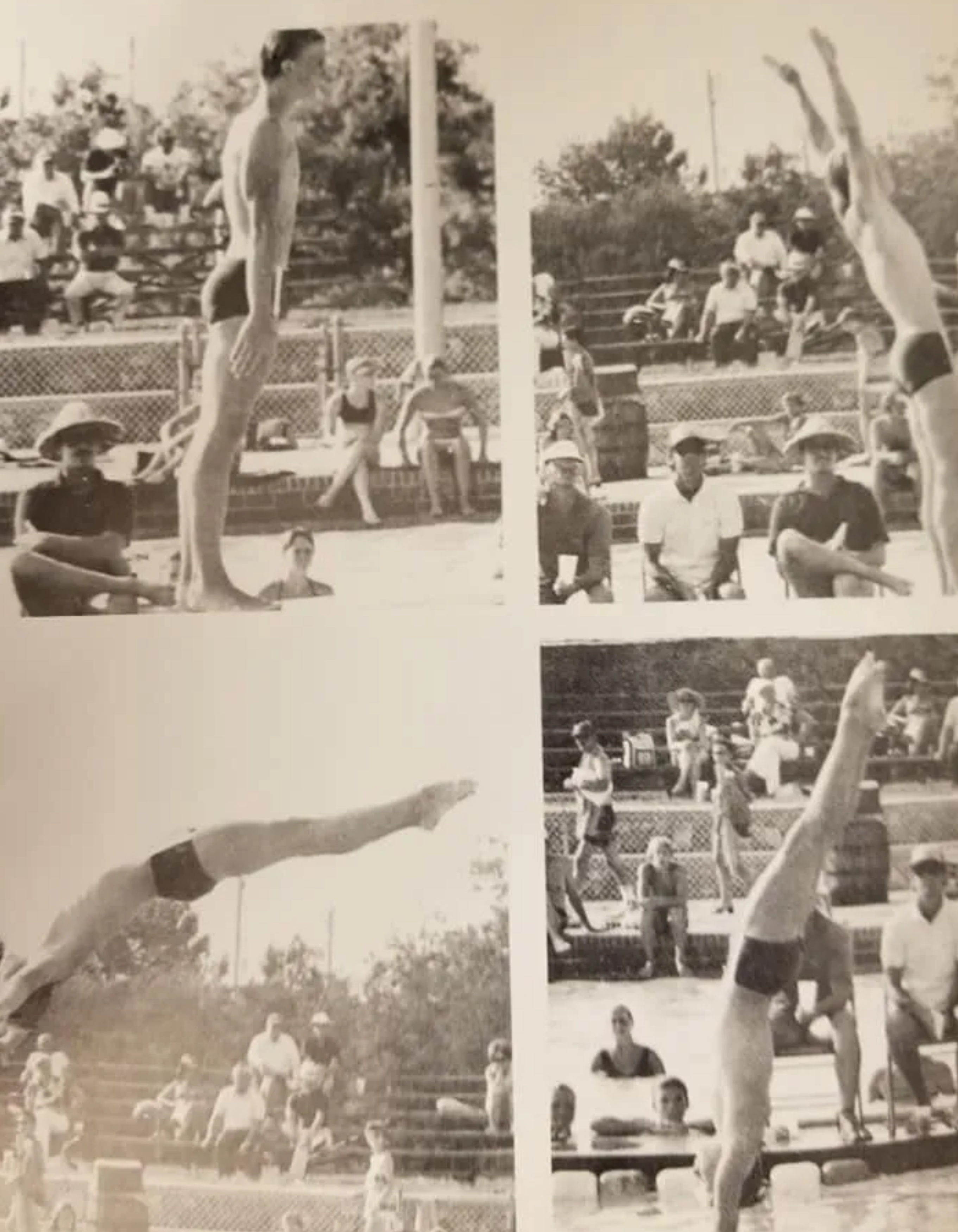
I struggled with comprehending and trying to understand why I was chosen.
My teenage mind was not able wrap itself around the meaning, and so I began to try to figure it out on my own. I started creating unfounded reason for being exploited—without knowing the true definition of exploitation. I devised explanations that I could only fathom as to my selection. Everything pointed that it must have been my fault, that I must have wanted this to happen, and that this was all I was good for—because why would these things happen to me?
Also, I struggled with what the abuse meant regarding my sexual orientation. Since my abusers were older men, did that indicate I was homosexual?
Was I always gay, and that was why I was selected? Since my body responded, even against my will, did this mean I wanted it? Was it my fault? I stressed how my peer group would react if they found out and if I would lose my friends. Would people look at me differently and assume that I caused it? So, I did not want to talk about it and tried to minimize the impact of being sexually abused by older men. I normalized this as part of accomplishing my dreams of going to the Olympics. My mantras became what my coaches instilled in me, "Suck it up," "Real men don't cry," or "Now that will make you a man."
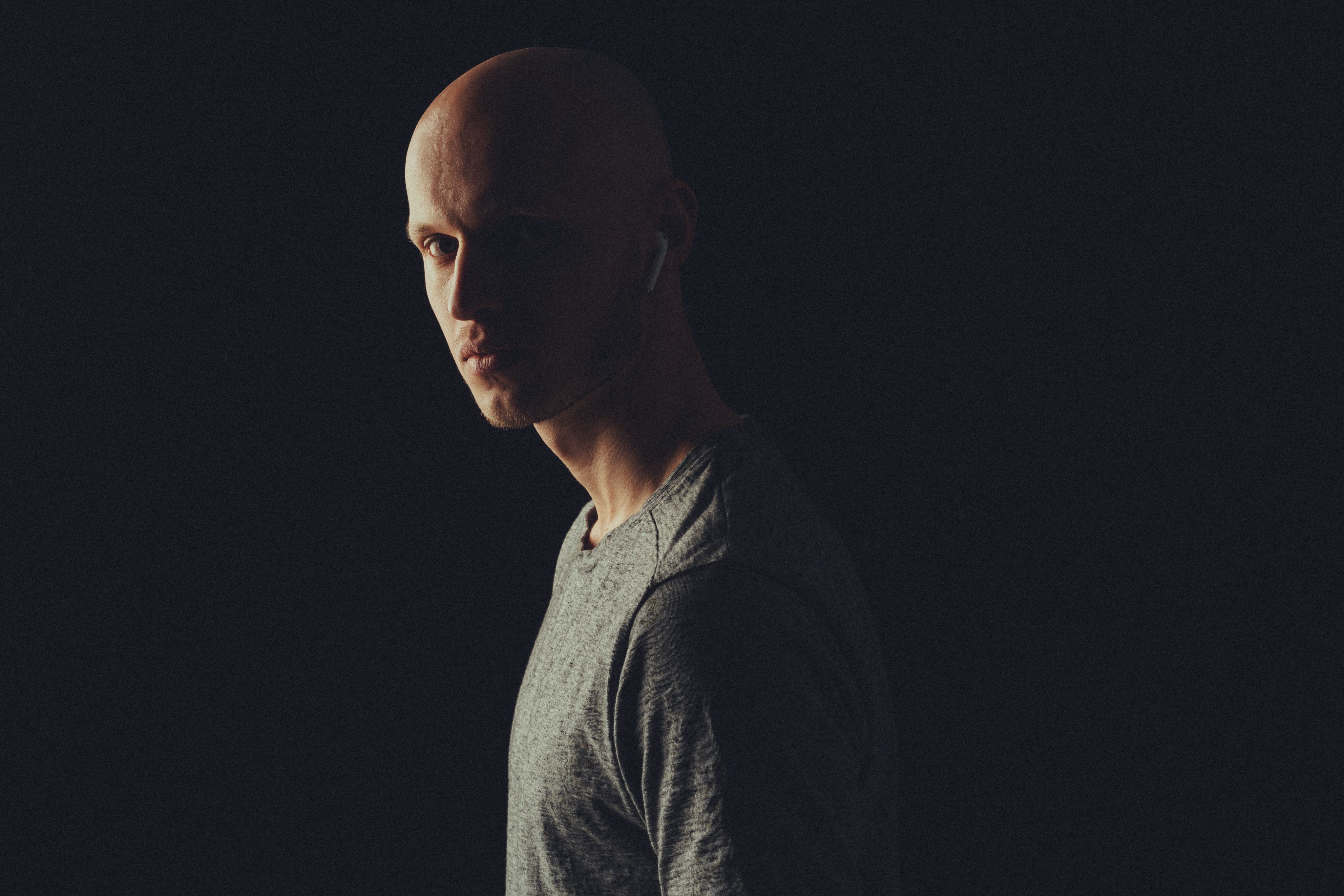
Reporting sexual abuse has never been easy, especially for men.
Our society still only recognizes women as victims of sexual assaults, and only 4% of males report to the police. The most significant factor is the fear of not being believed; the taboo of not fulfilling the masculinity of being strong, stoic, infallible; confusion; lack of social support; and lack of institutional support. Men are unaware of the resources and procedures to make a report.
And if a male does make a report, he must be ready to be revictimized. My experience with frontline professionals has been negative; the lack of empathy and compassion made me feel that I was responsible for the event. I cannot remember how many times I have been asked, “Why didn’t you run away,” “What were you wearing” (yes as a male I have been asked this many times), “Why didn’t you fight back?” Because my experience with frontline professionals was hampered by the fact such professionals abused me. I was defensive just entering the space. And if I feel that the professional is going through a list to check off items, I shut down.
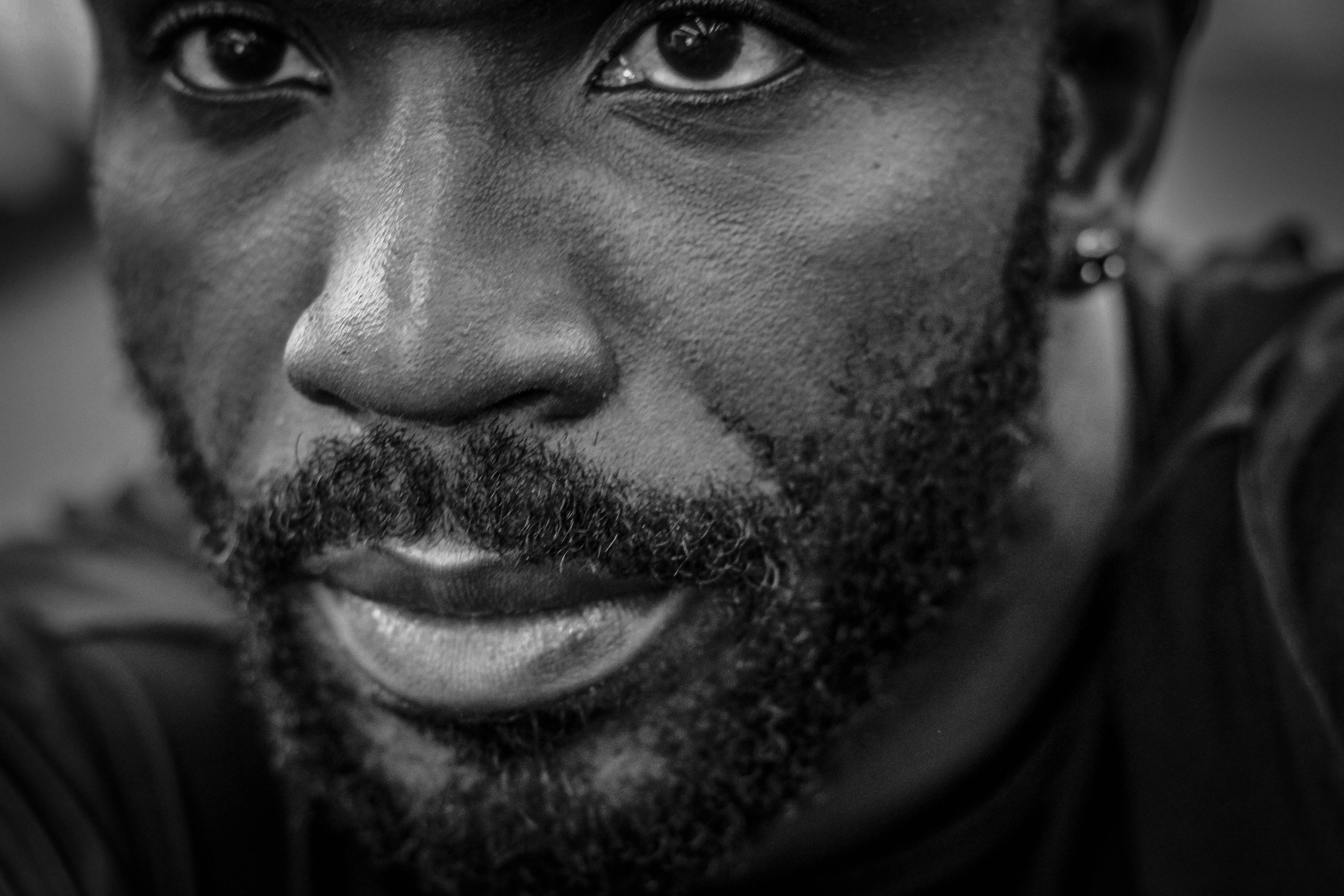
The amount of times I had to retell my story to the same lawyer, officer, or medical staff was staggering.
I felt I was being tested and tested to see if my story would change. As a survivor, there were some things that I could not remember, which was only fueling the disbelief of my so called supporters/helpers. I would remember odd things, like the color of the carpeting, the walls, the color of the pants the abuser had on, but I could not describe his face. The disparaging feeling of seeing the frontline person’s expression alter while telling you could not tell the color of the abusers eyes is debilitating. “Why can’t you remember the color of his eyes, you were looking at him?” repeatedly echoes in my head.
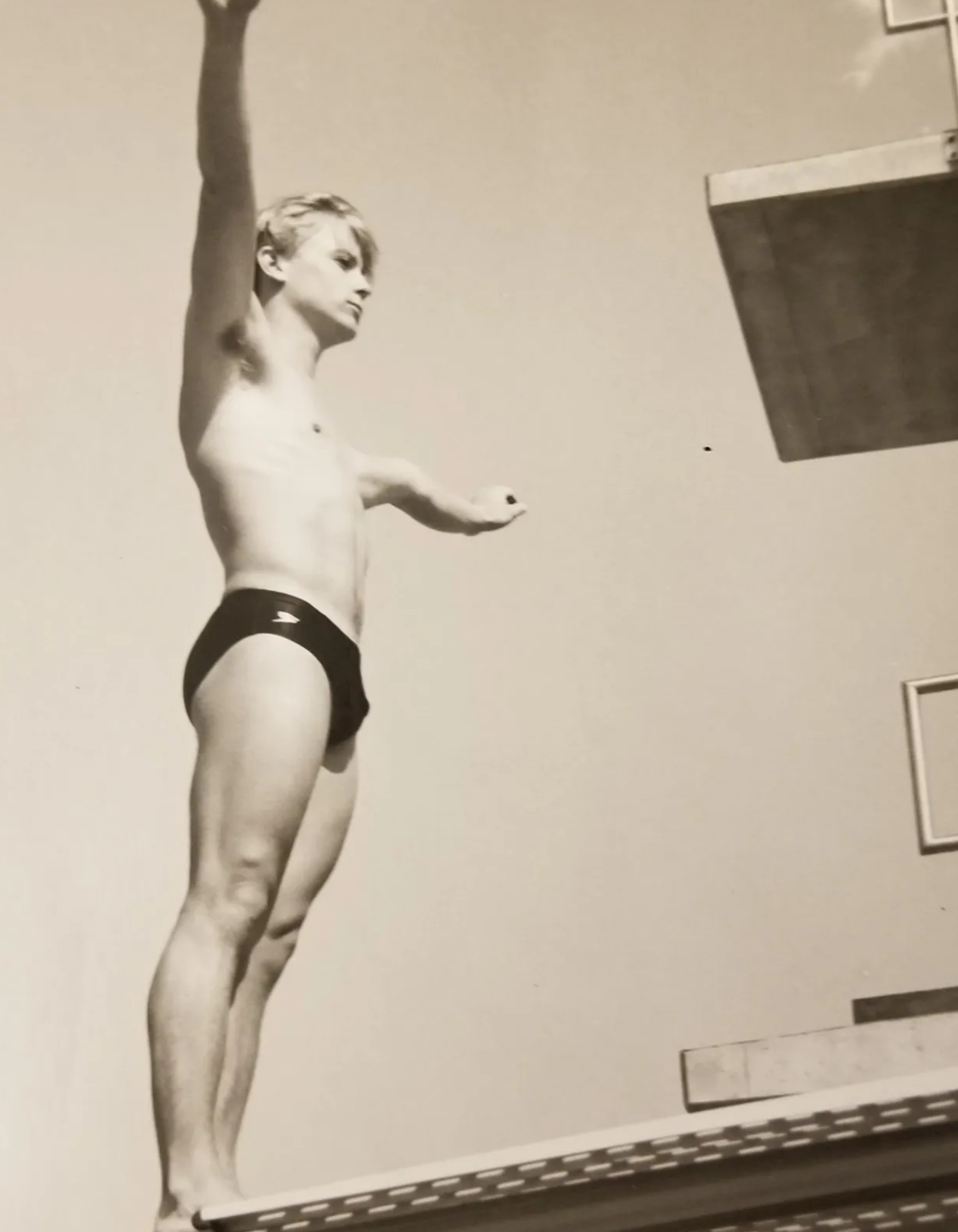
Sexual abuse happens to all genders and identifications; there needs to be training on how to work with each individually.
Consider the social norms and stigmas when dealing with survivors on an individual need. You would not approach a male as you would a female simply because of how differently we are programmed. You would not interview a trafficked survivor as you would talk to a domestic abuse survivor. There needs to be more education on Trauma-Informed Approaches.
The only way to change society’s beliefs is if more people share their story and make reports. But people cannot be forced to take this step, it will happen when and if they are ready. What we can do as a society is to be available to listen and believe the survivors’ stories.
Treat us as people, not as objects.
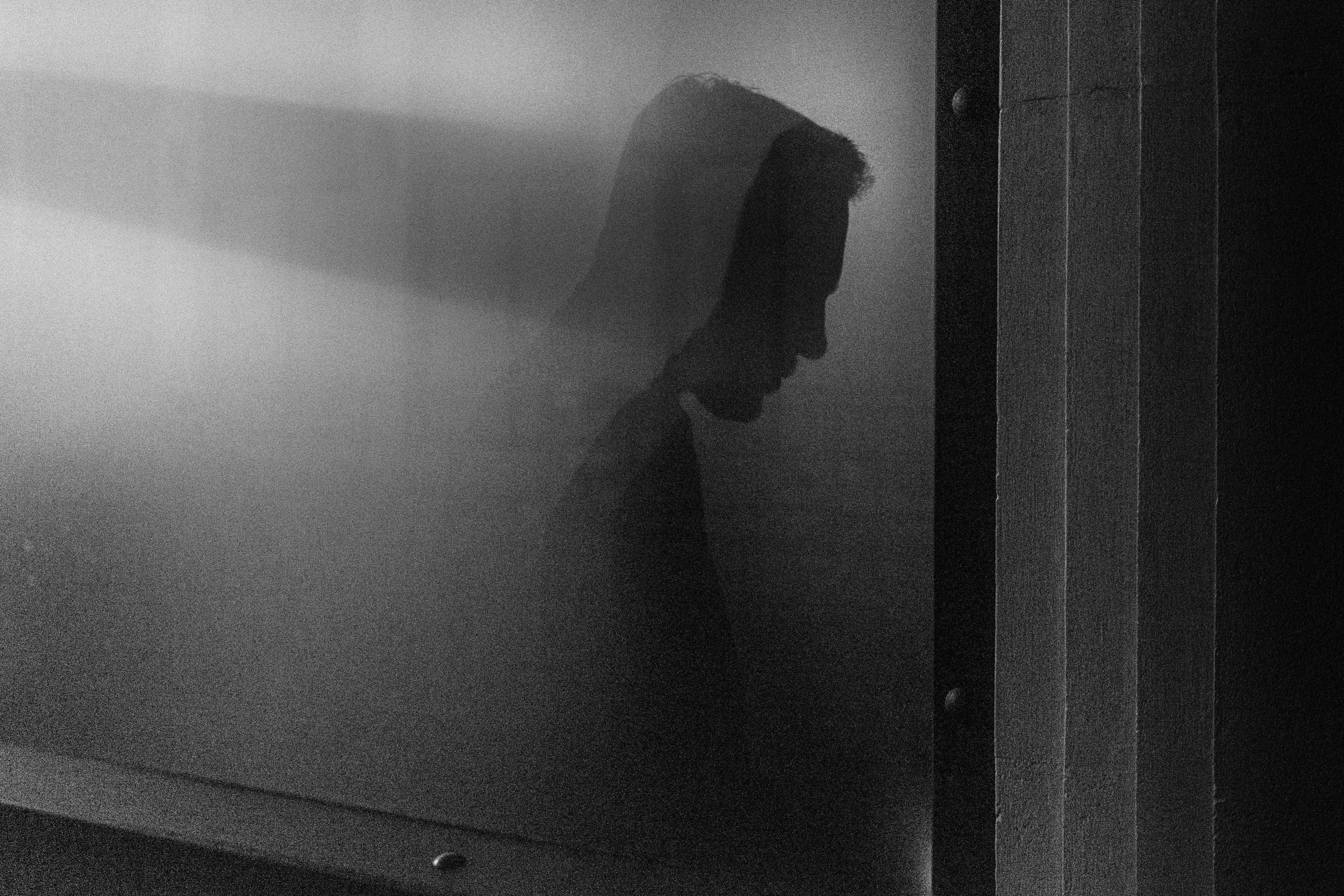
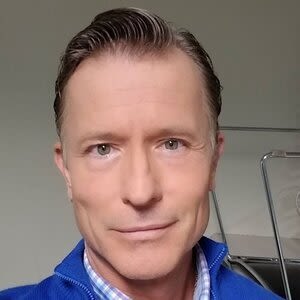
About the Author:
John-Michael Lander is a Survivor, Advocate & Public Speaker
He is also the founder of An Athlete's Silence: www.anathletessilence.com